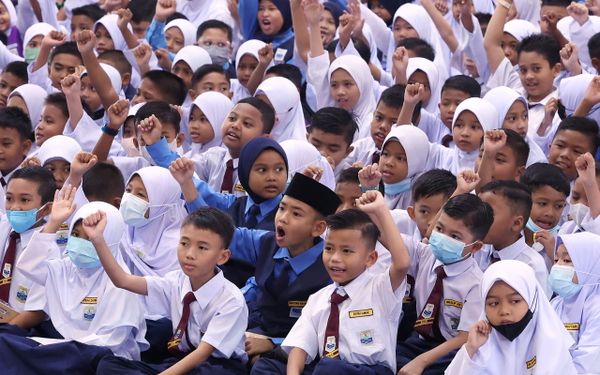KUALA LUMPUR, Dec 12 — The Parliamentary Special Select Committee on Women, Children, and Community Development has recommended the Education Ministry (MOE) ensure that health education incorporates comprehensive content, including guidance on identifying safe and unsafe touches, particularly within the family context.
It also recommended that the MOE empower students, with practical strategies that go beyond textbook knowledge.
Furthermore, the committee emphasised the need to address issues such as teasing and body shaming, advocating for the promotion of body positivity and appreciation for natural features, to enhance self-confidence.
"A holistic approach is also crucial in tackling paedophilia. This includes child protection education, equipping parents and educators with the tools to identify threats, and teaching children about physical and emotional boundaries," it said in a statement today.
In addition, health education should emphasise the development of social skills and leadership abilities, to counteract the unchecked influence of technology, apart from raising awareness about infectious diseases, including sexually transmitted infections, by providing students with comprehensive information on causes, transmission, symptoms, effects, and prevention.
The committee also recommended that the MOE implement additional activities, under the Reproductive and Social Health Education (PEERS) outside of school hours. These sessions should be conducted separately for male and female students, to address sensitive topics in a conducive and comfortable environment, enabling both teachers and students to better understand the issues at hand.
Among other suggestions, the MOE was urged to incorporate discussions on laws related to the fundamental rights and responsibilities of children, as well as the legal consequences of sexual crimes, particularly those involving minors and consensual sex cases.
Additionally, committee chairperson Yeo Bee Yin clarified one of its statements, regarding the PEERS syllabus taught in primary and secondary schools under the MOE – DR 44/2024 in the Dewan Rakyat on December 10.
After examining emerging issues surrounding teenagers in conflict with the law, it highlighted that cases of sexual crimes, sexual grooming, and other sexuality-related concerns now involve children as young as eight years old.
“The committee believes it is crucial to assess whether children fully comprehend the educational content presented in schools. Is the health education syllabus currently in place effective in protecting our children from the growing threat of sexual crimes?” said the committee.
It was also informed that the new curriculum, set to roll out in 2027, will enhance the PEERS programme by incorporating new elements while ensuring it does not rely solely on the existing syllabus.
— Bernama


